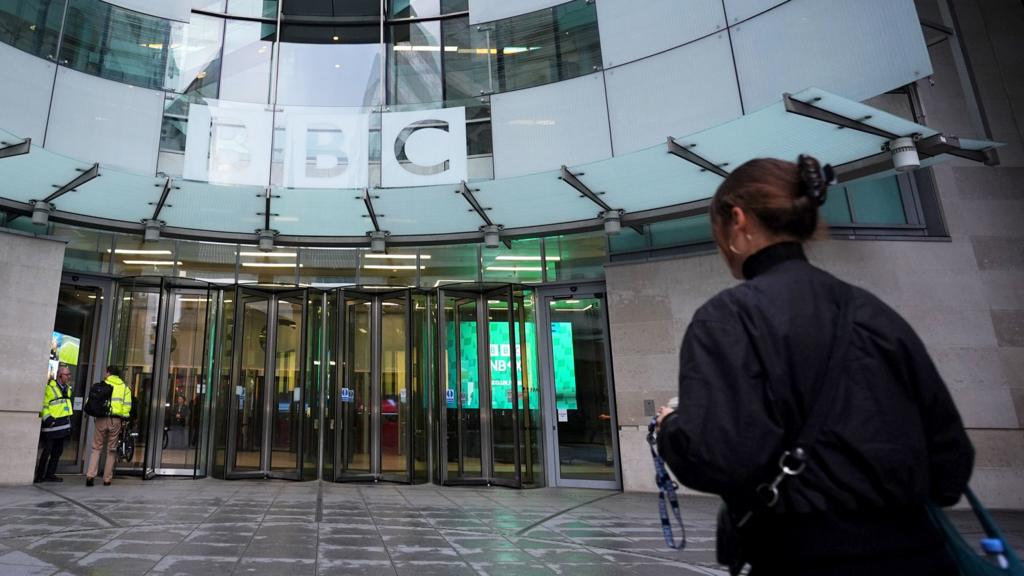I’m generally averse to the term “unprecedented,” yet I find myself employing it frequently of late.
I initially used it on Sunday evening following the resignations of Tim Davie and Deborah Turness. In retrospect, that instance might have been an overstatement.
While significant, such departures have occurred before at the BBC. In 2004, Chairman Gavyn Davies and Director General Greg Dyke resigned in the wake of the Hutton Report.
That report examined the death of government scientist Dr. David Kelly and found flaws in the BBC’s reporting on the Iraq “sexed-up dossier.”
However, my use of “unprecedented” on Monday feels entirely warranted.
A sitting U.S. president threatening a $1 billion lawsuit against the BBC represents uncharted territory for the corporation.
We have previously witnessed several US media entities capitulate when faced with legal action initiated by Donald Trump.
Paramount Global reportedly paid $16 million to resolve a dispute related to an interview broadcast on CBS with former Vice President Kamala Harris.
ABC News settled a defamation lawsuit for $15 million after an anchor falsely asserted that Trump had been found “liable for rape.”
Now, the BBC is in the crosshairs. The president demands a full retraction of the Panorama documentary, an apology for what he calls “false, defamatory, disparaging, misleading and inflammatory statements,” and appropriate compensation for the alleged harm.
Failing to receive these by Friday, he has put the BBC “on notice” that he intends to seek damages “of no less than $1,000,000,000.”
Regardless of one’s stance on the BBC, these are undoubtedly challenging times for the institution.
Recent events have unfolded rapidly.
Initially, claims regarding the Panorama documentary and allegations of broader systemic bias surfaced in the Telegraph.
Six days later, Director General Tim Davie and News CEO Deborah Turness resigned.
Concerns were quickly voiced about a potentially politically motivated campaign against the BBC orchestrated from the right, while others argued that these developments reflected accountability for significant failures.
Now, the BBC faces a potentially costly legal battle with Donald Trump.
Instead of celebrating the success of Celebrity Traitors and its popular finale, the BBC is embroiled in a crisis that some might argue is of its own making.
An apology for the Panorama edit, coupled with a pushback against the notion of institutional bias, only came on Monday.
The interview I conducted with BBC Chair Samir Shah should have occurred sooner, perhaps with the Director General or Deborah Turness last week, as the headlines intensified.
The apology was needed then. Now, the BBC appears to be on the defensive.
Strong leadership will be required to navigate this situation. However, two figures who might have been capable of steering the organization are now departing.
The U.S. president is increasingly focusing on affordability amid growing public pessimism on the economy.
Trump said it was a “total disgrace” that South Africa was hosting this month’s summit.
Ian Byrne sends a letter to Lisa Nandy over the decision to interview the former Sun editor..
Sir Keir Starmer says it “must uphold the highest standards” but supports “a strong, independent BBC”.
Even if the budget swiftly clears Congress, it will still take days to reopen the government.

